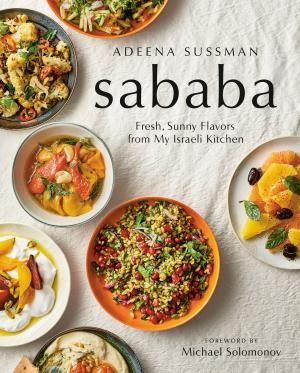Braided: A Journey of a Thousand Challahs is a guided tour on the author’s quest to find spiritual fulfillment through the act of baking challah for her family’s Shabbat dinner each week. As a doctor who specializes in women’s nutritional health, Ricanati’s baking is part scientific experiment, part search for religious meaning. Ricanati’s ten year commitment to this single observance has shaped her identity and adds depth and weight to her insights, when readers consider the consistency of her actions and her dedicated practice.
Ricanati organizes the book by giving readers a step-by-step guide to the ingredients and stages of baking challah. The approach makes it simple for readers with less kitchen experience to follow along, while more established cooks will be able to relate to her emotional connection to a particular piece of cooking equipment. Ricanati’s writing can be breathlessly enthusiastic, and her zeal for her topic follows readers throughout the book. While she can’t promise the same religious enlightenment she experienced through baking challah, it’s hard to resist her call to the practice, just to find out what happens.
For readers to whom fresh, home-baked challah is a novelty, Ricanati’s explanations about the religious symbolism of the bread provides helpful instructions. However, not all readers will be able to obtain the farm-fresh eggs she uses, or frequent the boutique shops where she purchases ingredients and supplies. A more critical approach to the history of challah and other Sabbath breads also could have made this work more attractive to a wider audience.
Ricanati is at her best when she provides context for how and why challah baking is meaningful for her. She opens up the conversation about how individuals and families navigate their religious lives. She encourages her readers to think beyond the observances of their families of origin, and to reflect on how rituals can change both in their substance and meaning over time. How is the challah that we bake today different from what we baked ten years ago? This is a question that can be asked of so many parts of Jewish life.



